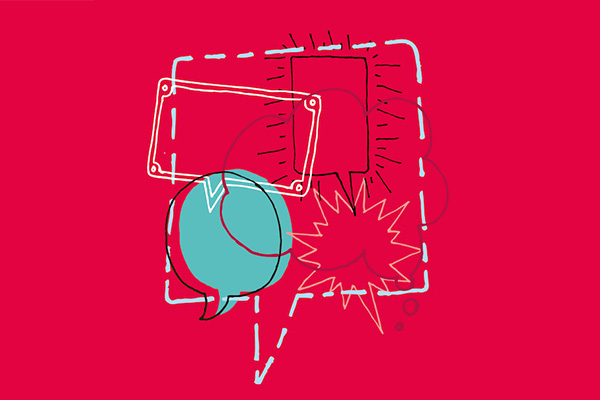I had a strange thought on the train today – what if Recovery Champions were like the pop stars we all want to be (don’t we?!) and the journey to getting to that position was as easy as winning X-factor...
For those of you who didn’t take the drug strategy home to peruse at leisure with a warm cup of cocoa back in December 2010... or simply those of you not familiar with the recovery field, you might be wondering at this early point in my blog what I’m talking about.
Well. According to the strategy, there are 3 types of Recovery Champion: Strategic, Therapeutic and Community. You’ll be forgiven for thinking that this might entail some kind of hierarchy or levels (mainly because this is what the strategy says). But it doesn’t. We’re all in this together and the sooner we move away from this unhelpful stratification of roles the better...
But until we get there, the strategy suggests that the 3 Recovery Champions are thus defined:
i) Strategic recovery champions – leaders such as Drug and Alcohol Commissioners and Directors of Public Health who promote the recovery orientated system;
ii) Therapeutic recovery champions – those delivering services who are successful early adopters of a recovery approach; and
iii) Community recovery champions – people who are already in recovery, who will be encouraged to mentor and support their peers and contribute to prevention in communities and schools.
These distinctions try to bring clarity to a moving beast (that is the recovery movement) but in fact, raise more questions than they answer... On the one hand it gives us some recourse to engage everyone in developing an environment in which recovery is far more possible. Great. But on the other it’s thrown up a whole host of questions:
-
Where would someone in recovery working as a key-worker sit?
-
Is being a Strategic and Therapeutic Recovery Champion part of a ‘job’? If yes, then why aren’t Community Recovery Champions paid to do the same job? If no, then what is it?
-
If it’s about a change in values and attitudes, where do you begin and is this really possible in the current financial climates where redundancies are rife and the staff that are left are just trying to keep on top of their caseload?
In a recent presentation I explored the values and characteristics of a Recovery Champion that should be the focus of these discussions and we need to move towards consideration of these characteristics in recruitment to the field, in workforce development and in community engagement as we drive forward this essential recovery agenda.
It’s natural for us to want to define these roles and list a series of capabilities that can be met through qualifications and training. But it’s not that simple. At a recent event for the Recovery Capital Project (in collaboration with NTA East) we asked some of the speakers and participants to answer 2 questions:
-
What do you think makes a ‘good’ Recovery Champion?
-
What inspires you to support others in their recovery?
The answers will help to make my point – there is no single, simple answer to what or who a Recovery Champion is. People come to the field for a variety of reasons. They support people in recovery for a variety of reasons. And they have a variety of answers to what makes a good recovery champion.
I don’t think this is a problem. Do you?
The 'Holy Grail' seems to be the Community Recovery Champion. The person (or persons) that other people aspire to be like, whose recovery journey is a story of hope and possibility, whose presence motivates others on their own recovery journey and provides a visible positive story to the wider community.
How many Community Recovery Champions do you think will materialise or will survive in an environment dogged by stigma, where simply getting on their feet is a struggle as benefits get reduced or cut, where there are less and less opportunities for even entry level jobs.
Maybe the place to start is to start looking at the values and characteristics of our communities. Let’s start to create the environment that will conduct and incubate recovery, spreading its contagion and paving the way for our [recovery] pop stars of the future.
Related articles
-
Blog: Let's get down and talk dirty
Steve Bodycomb
How language can to used to help or hinder a person's recovery journey from substance and alcohol misuse
-
Blog: The language of Pain
Steve Bodycomb
How language and art can be used to help diagnosis and treatment of medical conditions


Be the first to write a comment
Comments
Please login to post a comment or reply
Don't have an account? Click here to register.